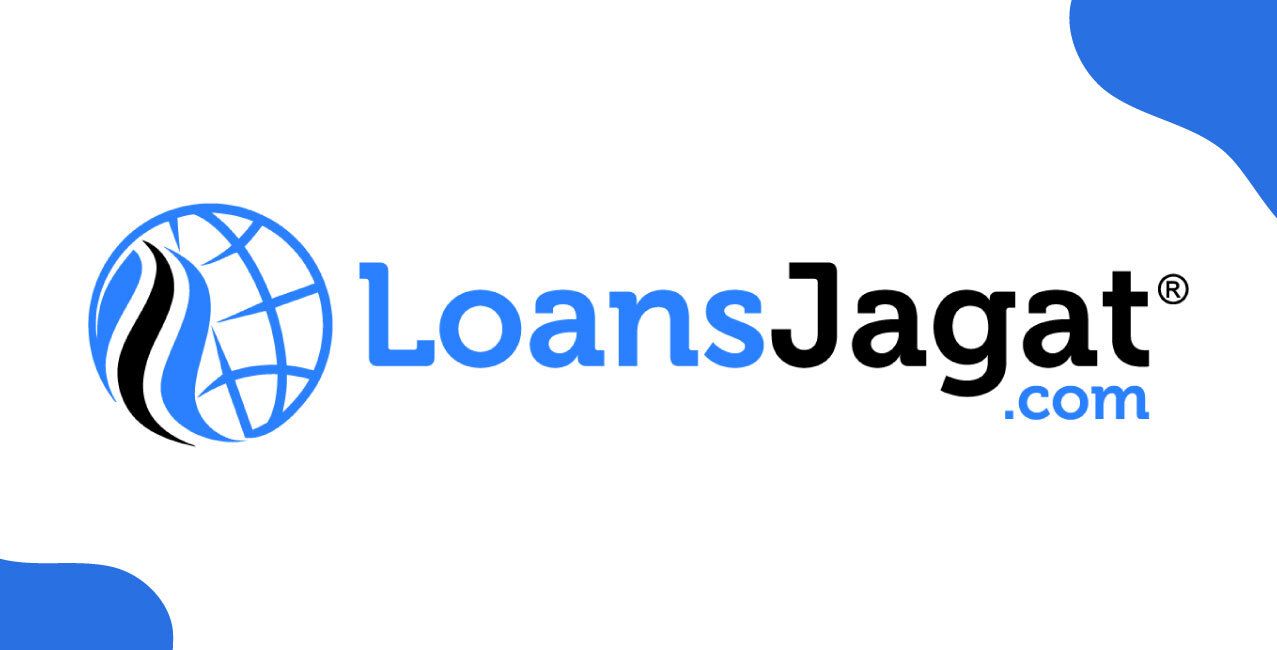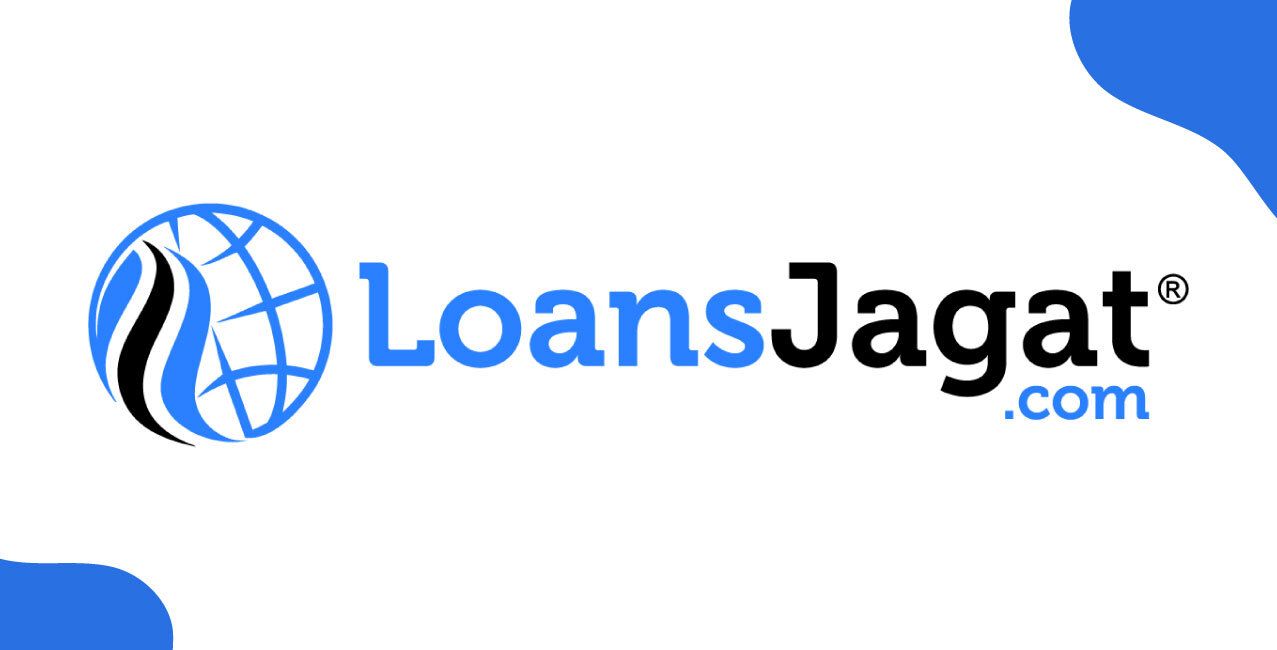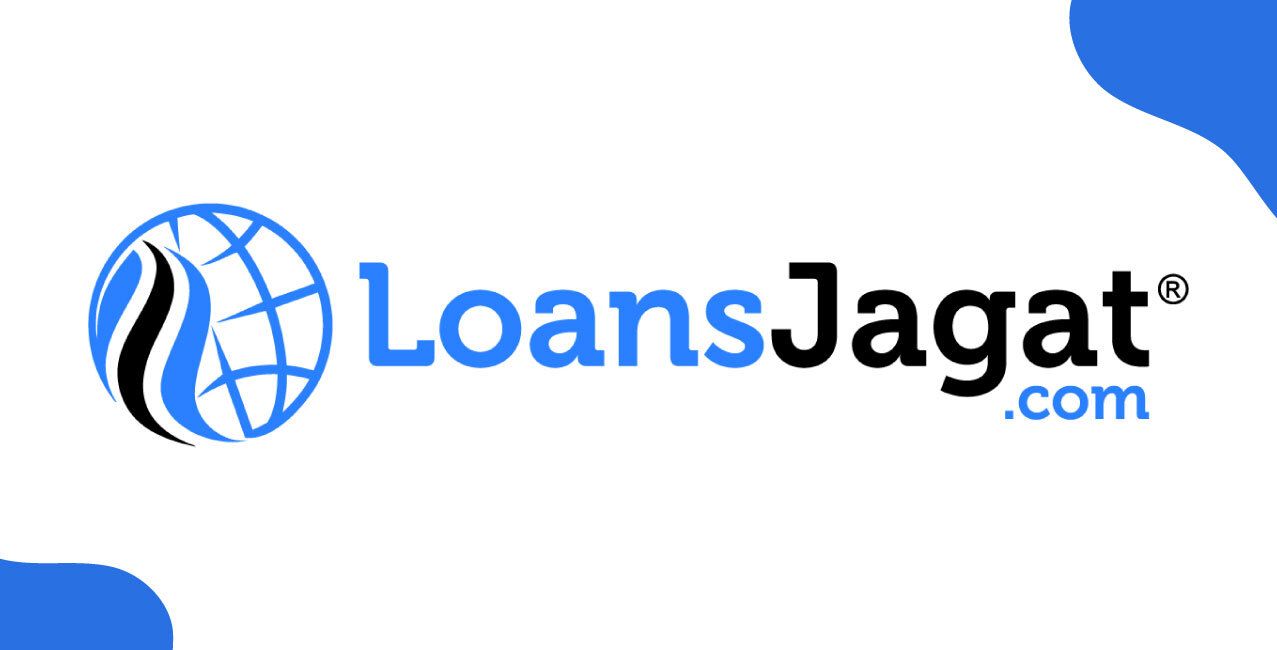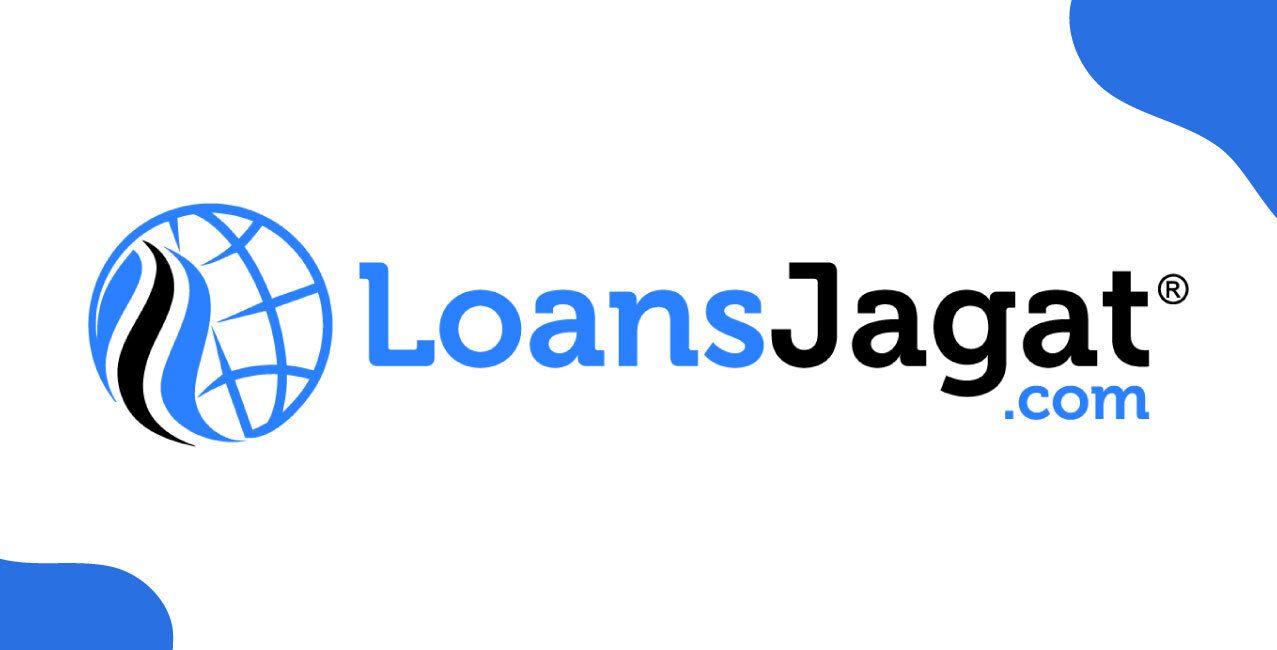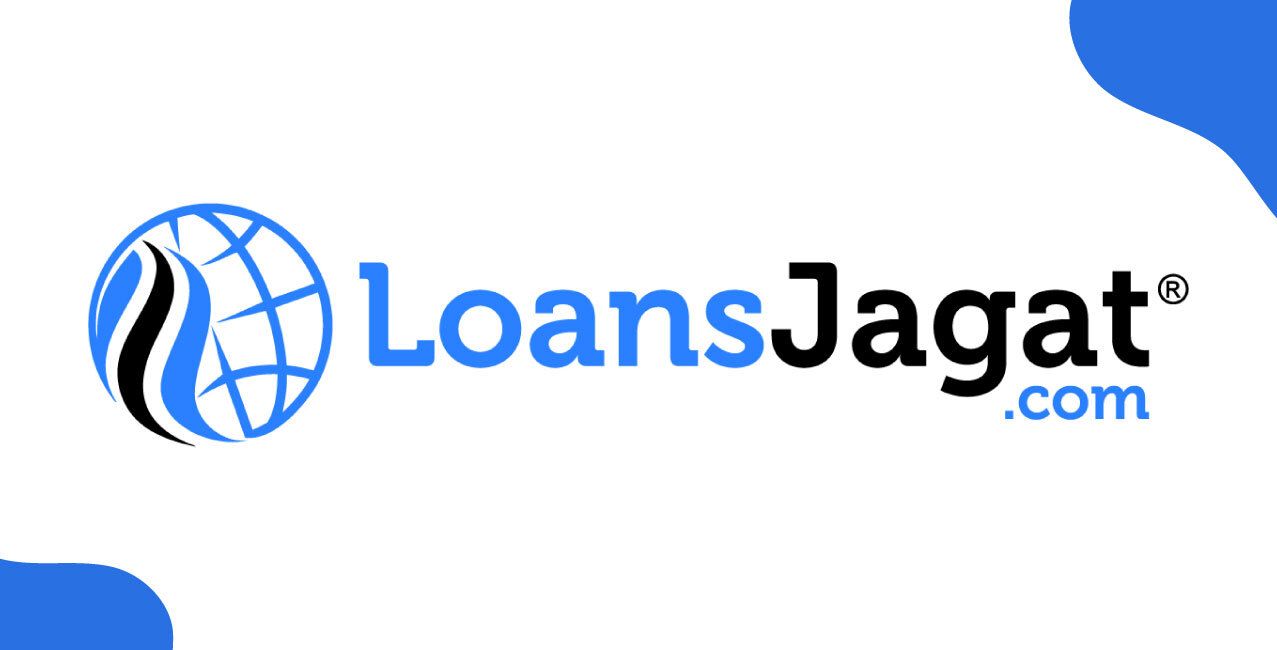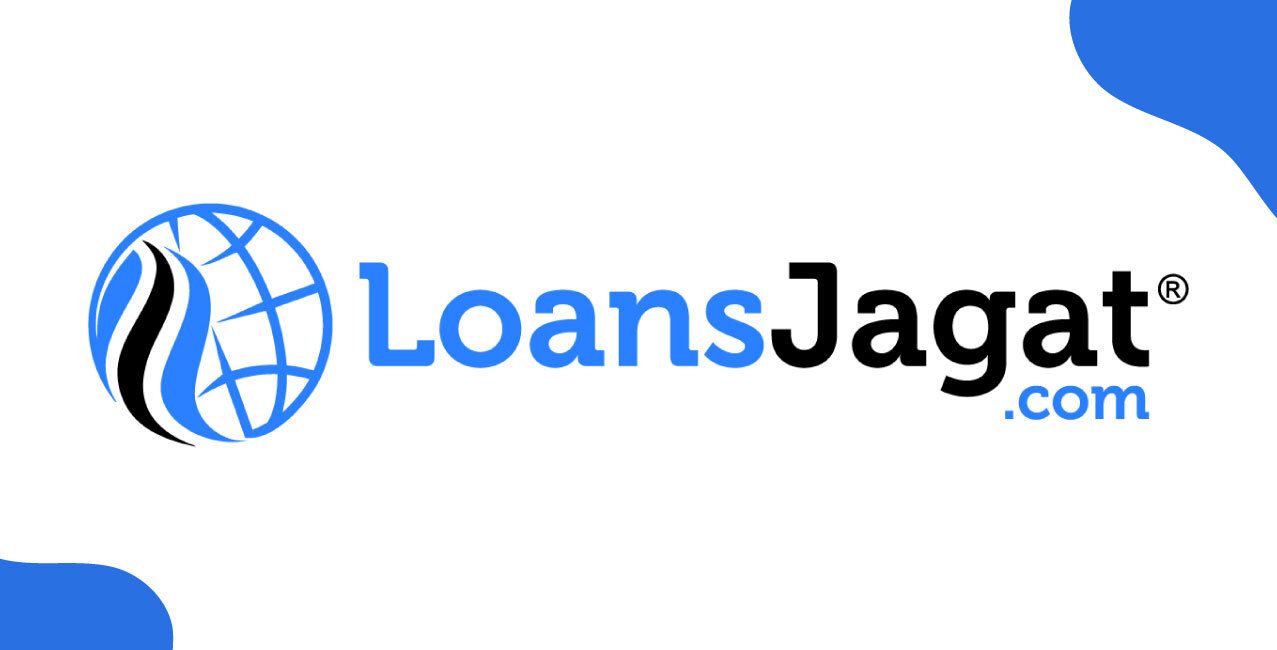Section 194R of Income Tax Act – TDS on Benefits or Perquisites Explained

Check Your Loan Eligibility Now
By continuing, you agree to LoansJagat's Credit Report Terms of Use, Terms and Conditions, Privacy Policy, and authorize contact via Call, SMS, Email, or WhatsApp
MaxGro Industries surprised Arvind Gupta, 37, a top FMCG distributor from Lucknow, with an Apple Watch Ultra worth ₹89,900 and a Dubai trip worth ₹1.4 lakh for meeting his annual sales target. Arvind, who had worked with MaxGro for five years, saw them as performance gifts.
But months later, he got a tax notice under Section 194R for not disclosing these rewards. Confused, he spoke to his CA, Rachna. She explained that Section 194R requires companies to deduct 10% TDS on any business-related benefit, cash or kind. “But it wasn’t cash,” he said. “That’s why it matters,” she replied. The rewards were taxable.
Importance of Section 194R
To improve sales and service, businesses started giving non-cash rewards like foreign trips, gadgets, vouchers, and club memberships. They usually showed these costs as promotional expenses, and most people who received them didn’t report them to the tax department.
To fix this, the government added Section 194R to the Income Tax Act through the Finance Act 2022. From 1 July 2022, this section says that businesses must deduct 10% TDS on any benefit or gift, cash or non-cash, worth over ₹20,000, given to a resident for business or professional work.
In Arvind’s case, the total value of benefits received was:
This exceeded the ₹20,000 threshold under Section 194R. Yet, MaxGro Industries had failed to deduct TDS before granting these rewards, putting both Arvind and the company at risk of penalties.
Objectives of Section 194R
Section 194R is designed to plug revenue leakages and bring transparency and accountability in business gifting practices. It ensures that any benefit arising from a business relationship does not escape tax liability, especially when the benefit is not in the form of direct income.
It also shifts the compliance burden from the recipient to the provider of the benefit. So even if Arvind never declared the watch and trip in his income tax return, it was technically the company’s fault for not deducting 10% TDS at the time of offering.
Let’s consider what would have happened if MaxGro had followed the correct process:
By deducting TDS and depositing it with the government, MaxGro could have protected Arvind from non-disclosure issues and themselves from disallowance of expenditure under Section 40(a)(ia).
TDS Rate Under Section 194R
Section 194R requires a flat TDS rate of 10%, regardless of the recipient's tax slab, on any benefit or perquisite—whether cash or kind—provided to a resident in the course of business or profession.
In Arvind’s case, MaxGro Industries awarded him an Apple Watch and a holiday to Dubai in kind. According to CBDT Circular No. 12/2022, if the provider gives the entire benefit in kind and the recipient does not cover the tax component separately, the provider must bear the tax liability themselves before delivering the benefit.
MaxGro, in that case, should have added the TDS cost to their total promotional budget:
Since Arvind didn’t reimburse the TDS, the company was obligated to gross-up the benefit to include the tax payable.
Exemption Under Section 194R
There are certain exemptions available under this provision to reduce the compliance burden on small businesses and prevent overreach:
- Threshold Limit: TDS is applicable only if the total value of benefits in a financial year exceeds ₹20,000 per recipient.
- Turnover Limit of Provider: The section does not apply to individuals/HUFs whose total sales/gross receipts do not exceed:
- ₹1 crore in case of business
- ₹50 lakh in case of a profession during the previous financial year
Arvind asked, “So if MaxGro’s turnover was below ₹1 crore, would this still apply?”
Rachna replied, “No. But their last year's turnover was ₹12.5 crore. So they’re covered.”
Let’s see if an alternate situation would have exempted the company:
All conditions were met. Hence, no exemption applied.
Due Date and Compliance Requirements
Compliance under Section 194R involves deducting TDS at the time of providing the benefit, not when it’s booked or later reimbursed. It must be reported in Form 26Q, and a TDS certificate (Form 16A) must be issued to the recipient.
Rachna asked Arvind if he had received any such certificate. “None,” he replied.
She then explained the full process that MaxGro should have followed:
Failure in any of the above steps leads to non-compliance under both Section 194R and Section 40(a)(ia).
Examples:
Arvind’s Apple Watch and Dubai trip were high-value gifts, so they came under tax rules. If MaxGro had instead given him a gold coin worth ₹15,000 and a restaurant voucher of ₹4,000, the total ₹19,000 would be below the ₹20,000 limit—no TDS needed.
Another distributor, Anjali, got a fridge worth ₹30,000. She paid ₹3,000 TDS before getting it, making the gift fully compliant.
Rachna explained that even event tickets, luxury stays, or paid conference fees now fall under Section 194R. If MaxGro sponsors Arvind’s ₹75,000 hotel stay, they must either cut ₹7,500 TDS or make sure he pays it before check-in.
Conclusion
Arvind’s story is a warning for both companies and those who receive business rewards. Gifts are no longer just kind gestures—they are now seen as taxable under the law.
Arvind updated his agreement with MaxGro to make sure any future rewards would be declared in advance or have TDS deducted. Rachna also advised him to keep a benefit register, a list of all gifts or services he gets through work.
Section 194R isn’t meant to punish success or stop rewards. It’s there to make sure people report income that was often missed. With some planning, both businesses and professionals like Arvind can follow the rules and still enjoy well-earned rewards.
Frequently Asked Questions (FAQs)
Where can I find the official legal text of Section 194R?
You can visit the official Income Tax website for full legislative details.
Does Section 194R apply to individuals?
Only when individuals or HUFs have a turnover above ₹1 crore (business) or ₹50,00,000 (profession) in the previous year.
What if the benefit is fully in kind?
The provider must pay the TDS on behalf of the recipient or collect it before giving the benefit.
Are referral bonuses covered under this section?
Yes, if given as a non-cash benefit or perquisite in the course of business.
What are the consequences of non-compliance?
It may lead to the disallowance of the expense for the payer and a tax demand/penalty for the recipient.
Other Related Pages | |||
About the author

LoansJagat Team
Contributor‘Simplify Finance for Everyone.’ This is the common goal of our team, as we try to explain any topic with relatable examples. From personal to business finance, managing EMIs to becoming debt-free, we do extensive research on each and every parameter, so you don’t have to. Scroll up and have a look at what 15+ years of experience in the BFSI sector looks like.
Subscribe Now
Related Blog Post
Recent Blogs
All Topics
Contents
Quick Apply Loan
Consolidate your debts into one easy EMI.
Takes less than 2 minutes. No paperwork.
10 Lakhs+
Trusted Customers
2000 Cr+
Loans Disbursed
4.7/5
Google Reviews
20+
Banks & NBFCs Offers
Other services mentioned in this article



